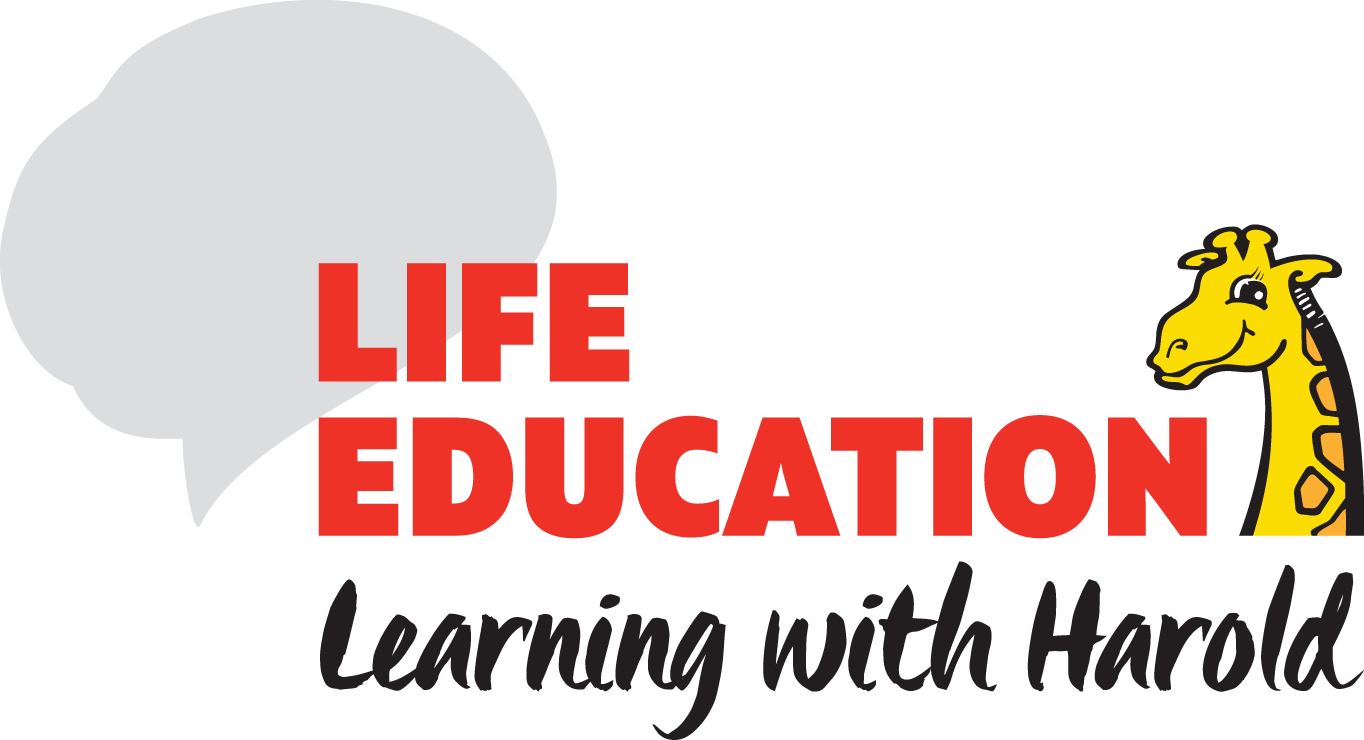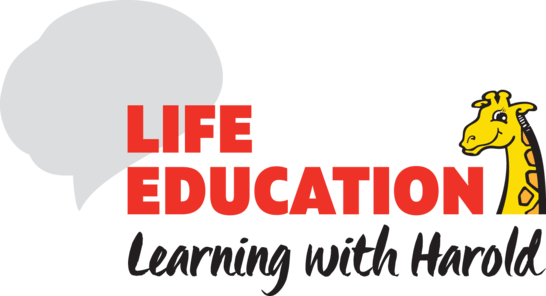Y 5-6 Puberty
Island Bay School
Rachel McKinnon
Delivery day of lesson is Tuesday 14 September, 2021
Key Concept/Inquiry Focus
Our Changing Bodies
Health Needs
Other Considerations
Questions
- How can we take care of our hauora (wellbeing)?
- Students at all levels can explore the ways in which we can contribute to our own health and wellbeing. These may include things that link to our mental, physical, emotional and spiritual health such as good nutrition, sleep, hygiene, physical exercise, and keeping ourselves safe. Depending on your needs we can focus on one or more of these aspects of wellbeing.
- Why is it important to show empathy towards others?
- Students can develop their emotional intelligence by exploring the concept of empathy, and how we can respond to others.
- How do we change as we get older?
- Students explore and discuss how we change as we grow, and how this can affect how we act and feel.
Curriculum Strands
Personal Health & Physical Development
- Personal growth and development
Relationships with Other People
- Relationships
- Interpersonal skills
Lesson Overview
-
What is Puberty?
Puberty is the term we use to describe the process of growing from a child into a mature adult. Puberty takes place over a number of years, and causes changes within the brain and the body. 'Adolescence' is the word used to describe the span of time from the beginning of puberty to becoming fully adult.
-
How much do we know about puberty?
This level 4 independent learning activity could be used as a summary after the Life Education sessions on puberty. Or students could research the information for themselves.
-
Future Me
This Level 3 classroom activity (group, pair or individual work) looks at how we think to our future and what that might look like. As we get older we experience new things and we can use this to plan ahead. Students could explore how they can set good habits for themselves (such as eating healthy, getting enough sleep) which can be carried on into their teen years.
-
Sleeping
Sleep helps our bodies to grow, and recover from illness or injury. We also need sleep for our brains to work at their best. Discover why sleep is important: whey we need it, how it can help us and ideas for getting a good night's sleep.
-
Stress
Stress can be defined as the way our body makes us feel as it responds to events in our lives. Students can discover possible causes of stress, how they make us feel and what we can do about them.
Pre-learning Activities:
- Discuss health and safety - students not to go underneath the classroom. Classroom is out of bounds unless with an adult.
- Brainstorm some of the changes we undergo as we get older. eg. school, friends, interests, our bodies etc.
- Question box in classroom - there may be some questions that can be unpacked in the mobile classroom.
Mobile Classroom Learning:
- Introduce Harold. He needs help identifying and understanding what his body needs - puzzle.
Consider what changes in our lives as we get older.
Growth = Change
Discuss ‘Change Cards' and if we have experienced any form of change?
(friendships, interests, self-esteem, personality, abilities, relationships, responsibilities, experiences, emotions, achievements etc).
Body Needs:
v Think Pair Share the things our body needs to stay happy and healthy.
v Do these change? Why?
Feelings and Emotions - also change - link to brain development. Nigel the Neuron.
Development of the Brain – discuss how this changes during Puberty. Pituitary gland - responsible for the production of hormones.
Emotional v. prefrontal cortex. Consider hormones and mood swings - this is due to our 'brain growth spurt'. Understanding changes in our brain helps us to navigate puberty/change in a positive way. Discuss how we can calm the limbic system
- Explore pubertal change, (growth and development stages). Male and Female anatomy, using inclusive vocabulary: 'some/all'.
- Examine PAT (mannequin) to identify physical changes.
- Make connections with the 9 body needs (puzzle) including how to look after our body with a focus on body hygiene/sleep/diet.
- Discuss periods/using sanitary products. Link back to personal autonomy and choice.
It's important to show empathy for each other - especially during times of change. Activity: 'shoes'.
Recap emotions/feelings and the importance of friendships/empathy: how we can look after each other, (especially during times of change). 'Boost/Bug' activity.
Plenary with Harold.
Teacher led/Follow-Up Activities:
- 'Navigating the Journey' resource, (emailed).
- Links to information and activities below:

